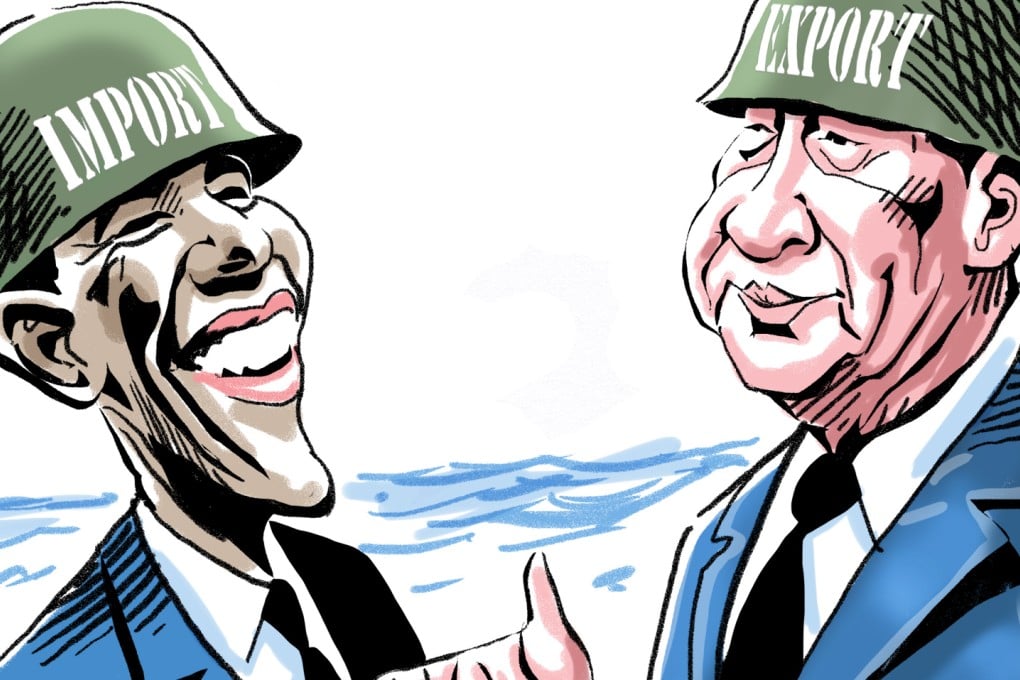Message for China and the US: Asia-Pacific needs the glue of trade, not the threat of war
Derwin Pereira says as necessary as security is, it is economic integration that truly fosters peace and prosperity in the 21st century


Economic integration does exercise a restraining influence on the war-making intentions of states
Unfortunately, that was not the impression created during the recent summits of the Asia-Pacific Economic Cooperation forum and the Association of Southeast Asian Nations. The general direction set there diverged from the nexus of trade and security, a principle that has served Asia well.
Instead, military strategy overshadowed the economic momentum which should bring Washington and Beijing closer, to the benefit of small and medium-sized Asian nations that depend on the buoyancy of Sino-American relations.
China’s reaction to America’s overtures to Southeast Asian nations was a studied response in stubbornness. Mixing defiance and disdain, Beijing made it clear that it would not be swayed from treating the South China Sea issue as one of implacable Chinese sovereignty.
READ MORE: Beijing-backed free-trade plan fails to advance at Apec

Certainly, China’s military assertiveness cannot be denied in the South China Sea, a key international shipping route. To the extent that its muscle-flexing potentially threatens freedom of navigation, it is China that is guilty of breaching the trade-as-security nexus.
